Results and alliances after the local elections
The leftist Social Democratic Party and the rightist Liberal Party are equally claiming victory in Sundays local elections in Romania.

Bogdan Matei, 07.06.2016, 14:17
Romania’s post election map is predominantly two-colored. Both claiming more than 30% of the votes in Sunday’s local elections, the Social Democrats and the Liberals have preserved most of the traditional fiefs – the Social Democrats won in the counties in the south and east of Romania, while the Liberals in those in the west, center and northeast.
Now both parties know exactly what to expect from their voters in their fiefs at the legislative elections due in autumn. Until then, the parties need to make nominations for the local administration and first of all to the position of president of the 41 county councils; the presidents of the county councils were not elected by the citizens. They will be designated from among the councilors.
The leader of the Social Democrats, Liviu Dragnea, enjoys his party’s victory and promises to remain loyal to the old alliances with their junior partners in the former government led by the Social Democrat Victor Ponta, namely the National Union for the Progress of Romania- UNPR and the Alliance of Liberals and Democrats for Europe-ALDE.
Liviu Dragnea: “In 14 counties of Romania, the Social Democratic Party has obtained the majority on its own, and will be able to assign the presidents of the county councils. In another 11 counties we can have the majority with the help of ALDE. In another two counties we could have the majority through an alliance with ALDE and UNPR. In terms of county towns, the Social Democrats claimed 19. The Social Democratic Party has a larger number of town halls won than what they had advanced at the elections.”
Dragnea added that he ruled out any negotiations with the Liberals and the People’s Movement Party of the former president, Traian Basescu. With only 32% of the votes as compared to the Social Democrats’ 37%, the Liberals remain the second political force in Romania and co-president Vasile Blaga is happy with the results saying that this is the best percentage the Liberals have reported after the 1990s.
Vasile Blaga: “We have obviously managed to rebuild the right wing, which was no easy task. We will focus on this issue in the coming weeks in an attempt to contradict all predictions that did not trust this construction or that tried to put obstacles in its way.”
The Liberals, however, found it hard to accept what commentators call the ‘disastrous results’ in Bucharest. The capital alone accounts for one 10th of the national voter pool. According to sociological studies, Bucharest has the most sophisticated and demanding voters, most of rightist orientation. However, more than two thirds of them did not go to the polls on Sunday, and those who voted gave their votes to the Social Democrats, both for the general mayor and the mayors of the capital’s 6 sectors. The Liberals ended up on 3rd place, at a great distance from the Save Bucharest Union, a former NGO turned into a party.
Their leader, Nicuşor Dan, wants his party to have national representation until the legislative elections: “We have a category of citizens in Romania who are aware of the failure of the political class, of the generalized corruption in the public administration, a category of people who are waiting for an alternative.”
Nicuşor Dan pointed out that they would make no political alliances whatsoever, adding that they would vote selectively, in the Bucharest councils, depending on the projects presented.






























